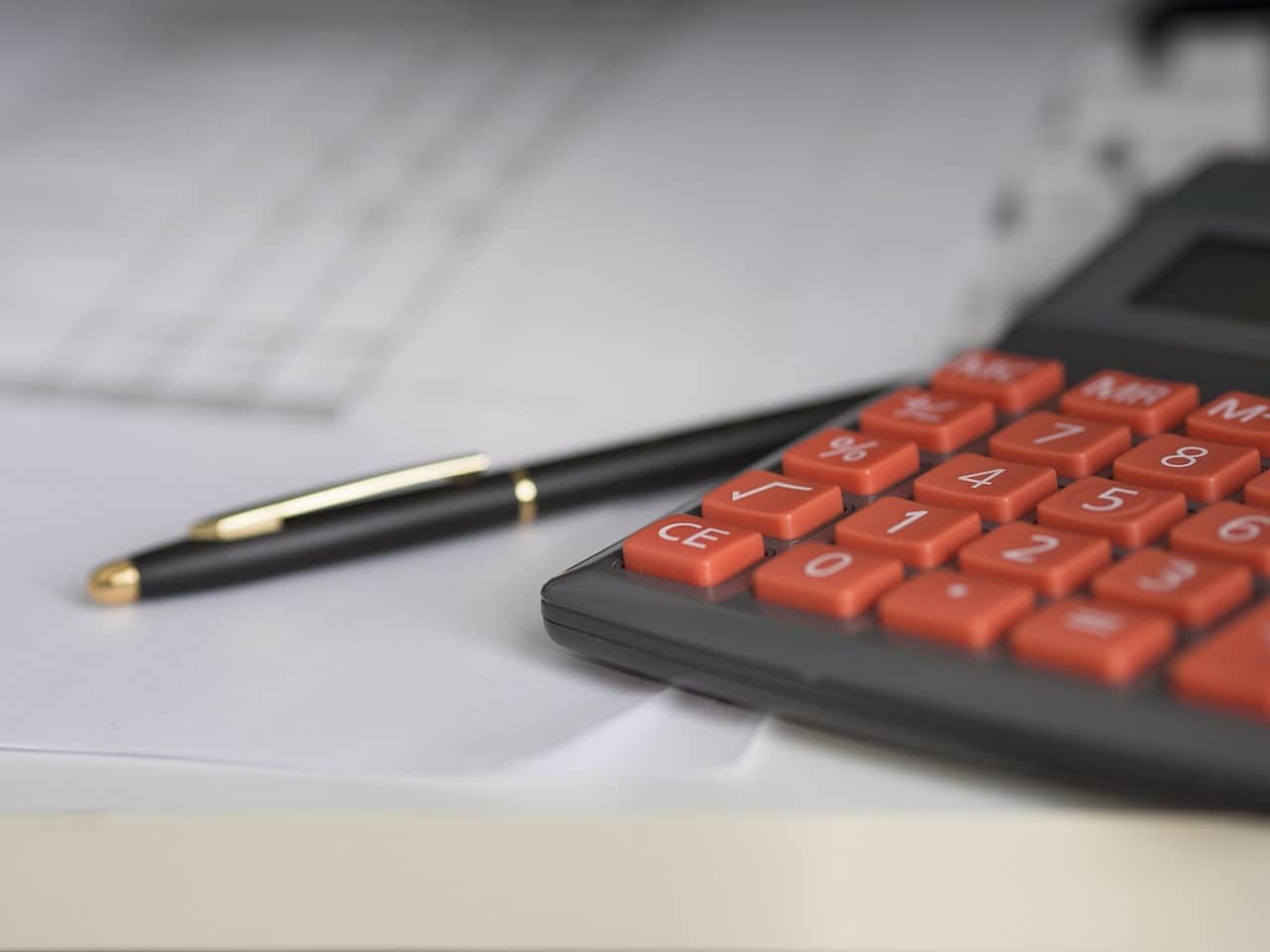
The idea of surplus is often used in the field of economics and finance.
Surávit is a Latin word that comes from superāre and refers to a leftover or surplus . The concept is used in economics and finance to refer to the abundance of money that comes in or assets in comparison to expenses or debts.
The economic surplus arises from the difference that exists between income and expenses during a certain period of time . When the difference is positive (that is, income exceeds expenses), it is called a surplus. On the contrary, if expenses exceed income, it is a deficit situation.
State surplus
The state surplus occurs when the income from public companies, taxes, withholdings, etc. exceed compliance with obligations and spending on public services. The existence of a surplus may imply correct government management or the absence of social investments.
This specific case of surplus, the one that takes place within the State, we can establish that is also known as a budget surplus . In contrast, there is the so-called budget deficit , which is defined as the annual situation that occurs in a country when the expenses incurred by said State exceed the income achieved in that same period.
At the European level it can be established that among the nations with the largest deficit of this type are Spain , Ireland , Greece and the United Kingdom . In front of them are Sweden , Norway and Hungary , which are the ones with the largest surplus in their accounts.

The positive difference that is recorded between income and expenses for a period is called surplus.
Marxist surplus value
Marxist theory also appeals to the notion of surplus, surplus value or surplus value . This surplus is the surplus value of labor that is appropriated by the capitalist . In other words, Marxist surplus is the value that a worker produces in excess of what his or her labor power is worth. This surplus remains with the capitalist and allows him to accumulate wealth.
Said surplus can be increased through an extension of the working day or an increase in the production force (achieving the same thing to be produced in less time or more in the same time).
Other uses of the notion of surplus
In the economic field we cannot ignore the existence of a term that uses the word we are analyzing. This is the so-called physical surplus that was developed by the economist Piero Sraffa in the 20th century . This is an economist, founder of the neo-Ricardian school, who played a fundamental role in said science.
Specifically, where it had the most influence was in the field of production thanks to the development and improvement of theories about the production of goods, the structure of relative prices or the transformation of values into what were production prices.
Likewise, we must not ignore the fact that the concept of trade surplus also exists. What is done with it is to establish that a country that exports one or more of its products achieves greater profit or wealth thanks precisely to those businesses that it carries out with the nation that buys those products.
Surplus, finally, is the abundance of any one thing . For example: “There is a surplus of forwards on the team.”
